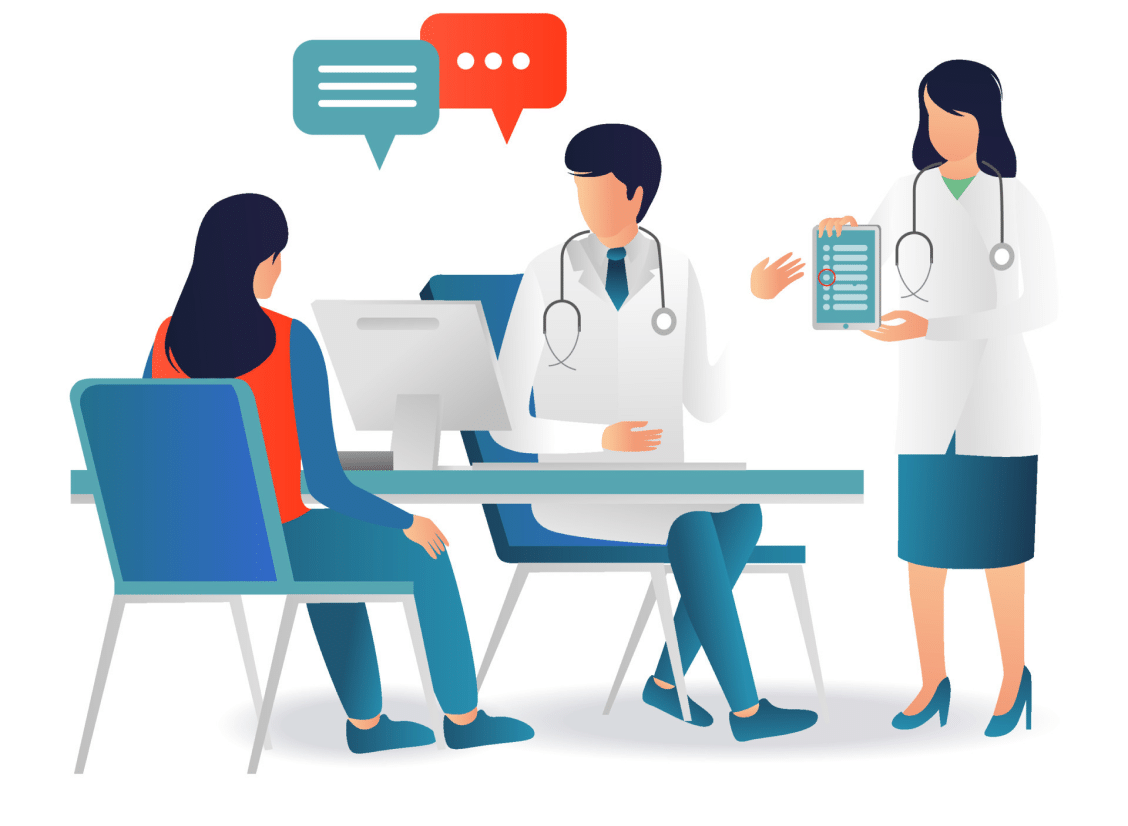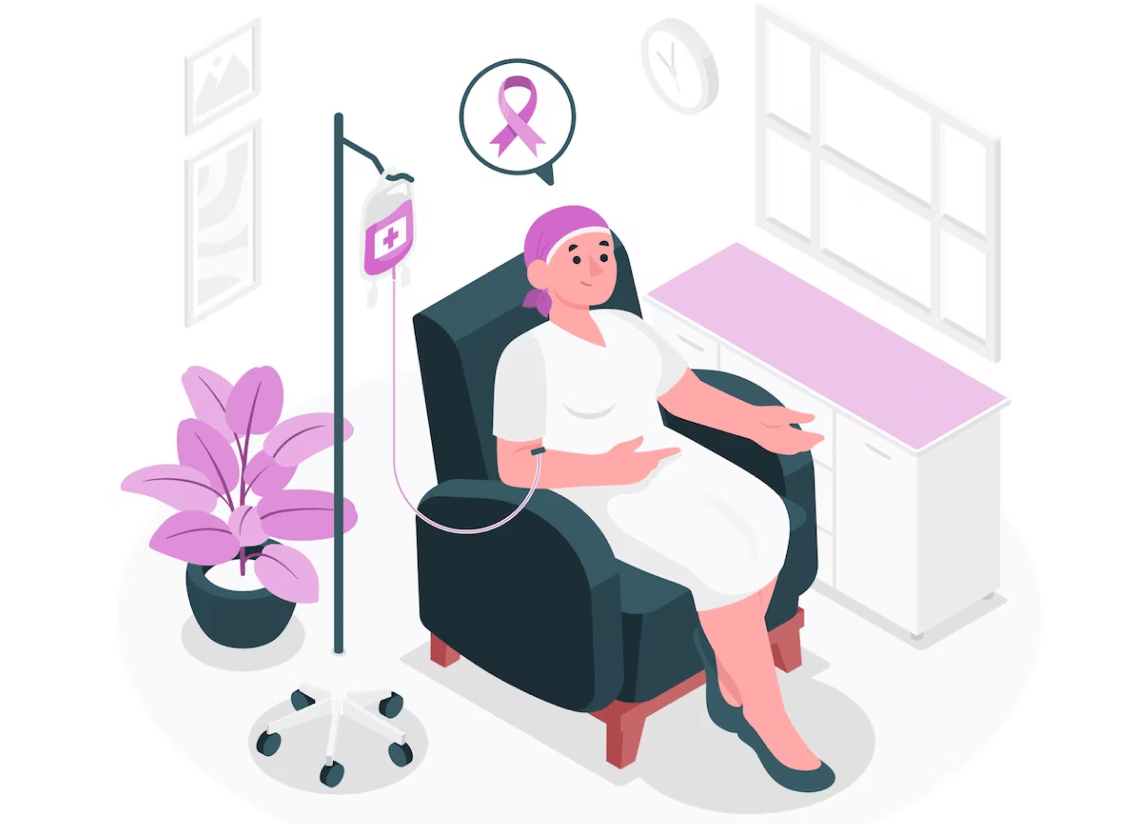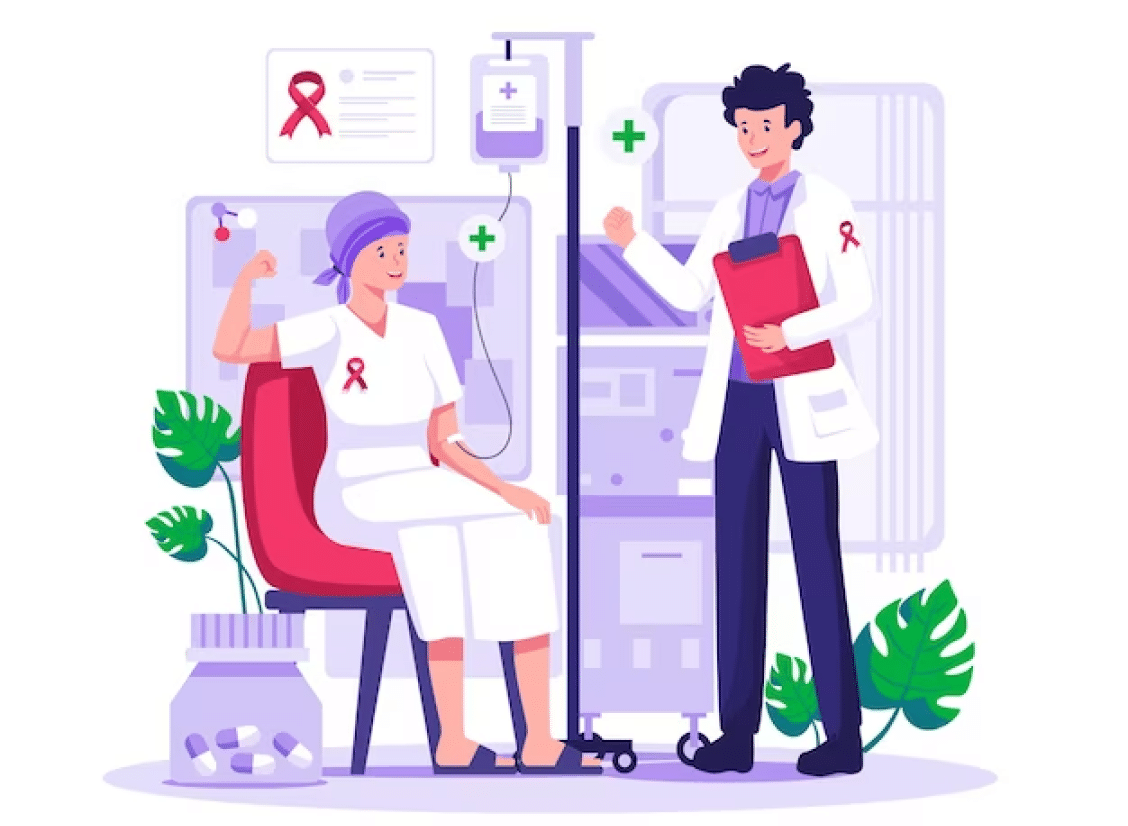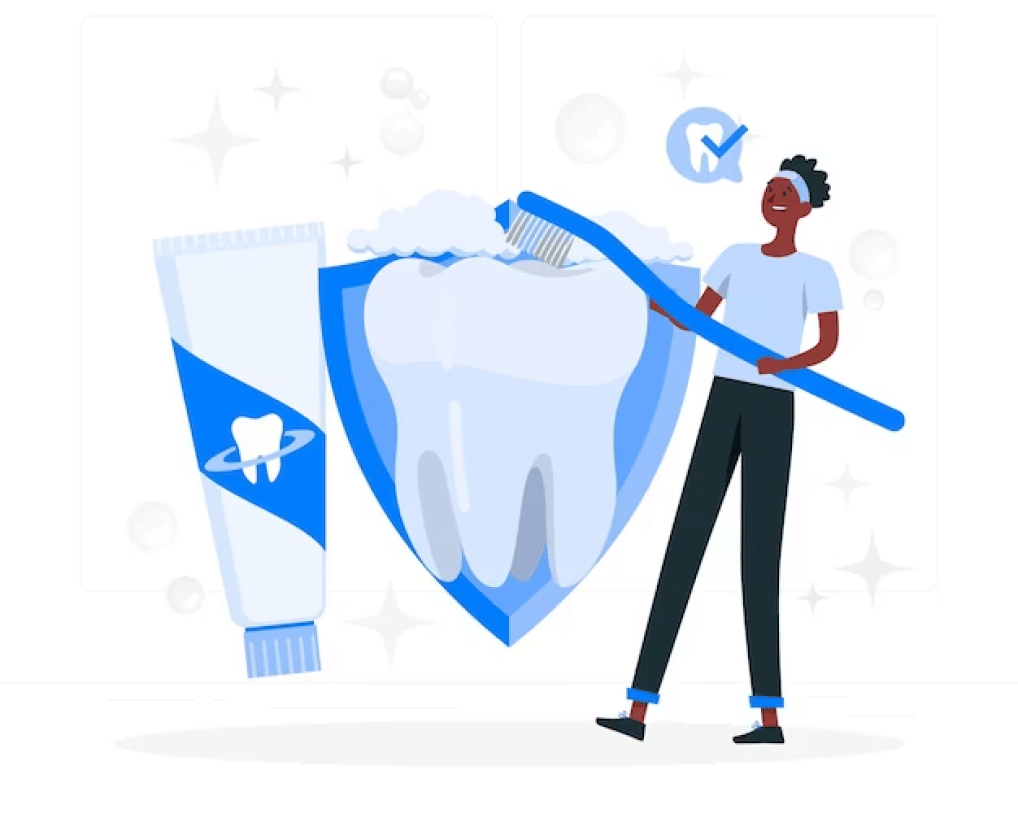SAVE ON
CANCER
MEDICINES
SAVE
ON
CANCER
MEDICINES
Your doctor might prescribe an anticancer drug by itself or with surgery or radiation therapy. Cancer medicines include chemotherapy, hormone therapy, immunotherapy, painkillers and many more.
or
or
Your doctor might prescribe an anticancer drug by itself or with surgery or radiation therapy. Cancer medicines include chemotherapy, hormone therapy, immunotherapy, painkillers and many more.
or
or
Why Buy from Tata 1mg?
Authenticated Sources
Temperature Controlled
100% Genuine Medcines
Pan India
Service
On Call
Assistance
Unmatched
Savings
At Home
Delivery
Why Buy from Tata 1mg
100% Genuine
Authenticated Sources
Pan India
Service
Unmatched Savings
Temperature Controlled
At Home
Delivery
On Call
Assistance
Commonly Prescribed Supplements with Cancer Medicines

Protein supplements
Protein helps your body to:
- Maintain weight and muscle mass
- Fight infections
- Repair body tissues and support wound healing
- Recover from the side effects of cancer treatment

Curcumin/ Turmeric
Studies say Curcumin can:
- Kill many types of cancer cells in various ways. Curcumin tends to target only cancer cells, leaving healthy cells unaffected[1]
- Inhibit cancer growth by inhibiting new blood vessel formation.Tumors need a blood supply for growing beyond a certain size[2]
- Prevent the spread of cancer, called metastasis[3]

Omega 3 fatty acids
Doctors recommend adding Omega-3 to your nutrition owing to its positive effects during cancer treatment:
- Causes cancer cells to self-destruct and slow tumor growth. According to a study, tumor development was significantly slower with a DHA-enriched diet as compared to a conventional diet [4]
- Eases treatment-related side effects. Several studies suggest that Omega-3 can help some people tolerate chemotherapy
Tips to Follow while Taking Cancer Medicines
While your oncologist will guide you about various treatment-related aspects, here are some simple steps to prepare for chemo or follow while taking cancer medicines.

Be informed about your treatment
Ask your oncologist about the benefits and potential side effects. Look for trustworthy resources available (online sources, support groups, etc.) where you can learn as much as possible about your treatment. The better informed you are about your treatment, the better prepared you’ll be for the treatment sessions.
Most doctors usually run a certain group of tests to ensure that you're healthy enough for treatment. Book hasslefree home sample collection and get reports online.

Learn the treatment routine
Ask your care team oncologist what treatment will involve and how long it will take. For example, if treatment takes a long time, you may need to pack a meal or keep some books handy to read in the waiting time.

Trust the process, side effects are temporary
Cancer medicines may cause some side effects, but it isn’t going to be this way forever. Take steps to manage potential side effects before treatment starts. For example, many people eat a snack about an hour before treatments to prevent side effects like nausea. Or if skin changes is a likely side effect, purchase skin care products with gentle ingredients.

Do not ignore your dental needs
Common side effects of some cancer medicines include mouth sores and changes in your taste buds that make eating little difficult. Make sure your teeth are healthy and your mouth is infection-free before starting treatment. Visit your dentist.

Have realistic goals at work
Get your doctor’s advice on your treatment plan and your ability to work. Some people are able to keep working while being treated for cancer, others may need a less demanding schedule, like taking extra days off or even working part time for a while.
Learn More about Cancer
Didn’t find what you are looking for?
Didn’t find what you are looking for?
Frequently Asked Questions
The chance of cancer medicines curing or managing your cancer depends largely on the type of cancer you
have.
There are many different types of cancer medicines. Some of the drug therapies include:
- Chemotherapy: Works by stopping or slowing the growth of cancer cells, which grow and divide quickly. Unlike radiation or surgery, which target specific areas, chemo can work throughout your body
- Hormone therapy: Prevents certain cancers from getting the hormones they need to grow
- Immunotherapy: Works by helping your immune system fight cancer
- Targeted therapy: Acts by changing how cancer cells multiply and behave. A medical oncologist oversees treatment
Various factors affect treatment success, including the type and stage of cancer, as well as personal
characteristics, such as age and overall health. Some people with certain types of cancer can be
completely cured by cancer drugs, while others may need to continue with cancer treatment to keep their
cancer under control. Some may need to be treated again if the cancer comes back.
With some cancers, if a cure is less likely, your doctor may still suggest chemo or cancer medications
to:
- Shrink the cancer
- Relieve your symptoms
- Give you a longer life by controlling the cancer or putting it into remission
For example, some cancer medicines work very well for testicular cancer and Hodgkin lymphoma. Many people with breast or bowel cancer get other therapies after surgery to help lower the risk of the cancer coming back.
Largely, chemo or cancer medicines kill the fast-growing cancer cells. However, these are systemic drugs
which travel throughout the body, hence some normal, healthy cells that are fast-growing can be affected
too. Damage to the healthy cells causes side effects. Please note that the side effects can vary among
people, even if they may be receiving the same type of cancer treatment.
Some side effects caused by commonly used cancer drugs include fatigue, hair loss, easy bruising and
bleeding, infection, anemia (low red blood cell counts), nausea and vomiting, changes in appetite,
constipation or diarrhea, sores in mouth, tongue, and throat that can cause problems with swallowing,
weight changes, etc.
While some side effects go away fairly quickly, others might take a few months to go away completely.
These are called long-term or late effects.
Always inform your doctor about side effects you are experiencing to know how to prevent or manage them
better. Your cancer care team may be able to suggest ways to reduce any pain and discomfort you have.
While newer modalities of cancer treatment are being worked upon by the experts, one of the common cancer
medicine types called chemotherapeutic agents, are classified according to their mechanism of action.
These include alkylating agents, antimetabolites, topoisomerase inhibitors, antibiotics, mitotic
inhibitors, and protein kinase inhibitors.
Though the long-used treatments — surgery, chemotherapy, and radiation therapy — continue to be the
backbone of cancer treatment, experts are continuously working to bring changes in the way many types of
cancer are treated. Recently, researchers are developing a new class of cancer medicines called
radiopharmaceuticals, which deliver radiation therapy directly and specifically to cancer cells.[6]

